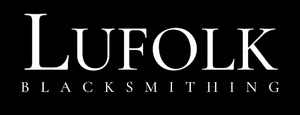Joseph Campbell's seminal work "The Hero with a Thousand Faces" is a thought-provoking exploration of the universal patterns found in mythological narratives across cultures. Campbell argues that these myths frequently share a fundamental structure, which he calls the "monomyth" or "hero's journey".
The book is an important academic text that has had a profound influence on modern storytelling, particularly in Hollywood. Campbell's ideas have been applied to everything from screenwriting to comparative mythology. The concept of the hero's journey continues to be studied and utilized by artists and intellectuals today.
However, the book isn’t without its flaws. Some of his ideas, such as the Freudian and Jungian concepts he incorporates, are dated.
Additionally, Campbell can be guilty of cherry-picking myths to fit his monomyth structure, even if it means overlooking contradictory evidence. He seems to have decided on his theories first and then sought to make the mythological evidence conform to his views. This confirmation bias weakens his overall arguments.
Despite these shortcomings, "The Hero with a Thousand Faces" remains an influential work that is worth reading for anyone interested in mythology, storytelling, or comparative religion. While Campbell's ideas shouldn't be taken as gospel, the book provides a useful framework for analyzing mythic structures and archetypes. At its core, the monomyth taps into something powerful and resonant in the human experience. For that reason, Campbell's work is still relevant over 70 years after it was first published. Just be sure to approach it with a critical eye.
